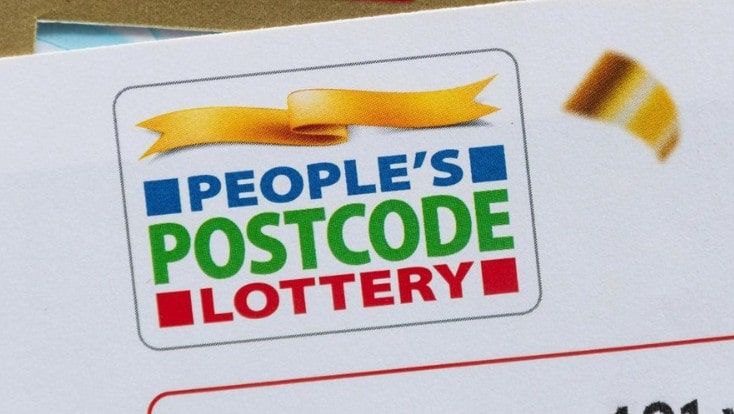Cancer Patients Facing ‘People’s Lottery’ of Care Across UK, Report Warns
Almost 1.4 million cancer patients across Britain are caught up in a people’s lottery of care, where treatment depends heavily on their postcode, according to a hard-hitting report from Macmillan Cancer Support.
The charity’s new findings paint a stark picture. Four in ten patients say their access to the right treatment is determined by geography rather than need. For many, that means extra costs, long journeys, and agonising uncertainty.
“As a GP, the fact that where you live can have such a huge impact on your cancer experience really does worry me,” said Dr Anthony Cunliffe, Macmillan’s lead medical adviser.
The analysis suggests patients are, in effect, flipping a coin when it comes to cancer care.
Treatment options vary widely, ranging from well-established therapies to innovative medicines that require biomarker testing. That patchiness is not just inconvenient; it’s impacting survival chances and quality of life.
Macmillan estimates that around 60,000 people each year could receive faster treatment if waiting times in all areas matched those of the NHS’s top-performing areas.
The human cost is staggering. More than a third of patients travel over an hour for appointments. Around 100,000 have turned down treatment altogether because the journey was simply too far.
This postcode issue is not unique to health. It has also affected funding and support in other sectors, such as the way regional grants shape local community projects in Pembrokeshire, showing how postcode-based inequalities cut across daily life.
For some, the strain is relentless. Daisy, 17, was diagnosed with Hodgkin’s lymphoma earlier this year. With no local facilities suitable for her age group in North Wales, she faced gruelling four to six-hour round trips to Liverpool.
“Whilst the support I got in Liverpool was fantastic, things would have been so different if I didn’t have my mum, who eventually had to stop work for a while to do everything and support me through my treatment,” Daisy said.
She described the exhaustion of repeat journeys from Anglesey to Liverpool, often three times a week, while battling nausea and constant fear of infections.
“But the reality is that for too many people with cancer it has begun to feel like a game of chance – a ‘flip of a coin’… when it comes to getting the treatment and care they need,” Dr Cunliffe added.
He called for urgent national action to make cancer care fairer, warning that no patient should be “left behind simply because of where they live”.
Macmillan is now urging government, NHS leaders, and communities to work together to close these gaps.
An NHS England spokesperson said: “The NHS is seeing and treating more people with cancer than ever before, survival rates have never been higher, and we have delivered the first increase in early diagnosis of the disease in over a decade.
But we know patients’ experience can vary, and we are working closely with the government on the National Cancer Plan to ensure everyone gets the highest possible standard of care, no matter where they live.”
The message is clear: Britain’s cancer care is uneven, and for nearly 1.4 million people, their journey is being shaped less by medical need and more by a postcode. For patients like Daisy, the people’s lottery has meant fear, sacrifice, and a heavy toll on family life.






